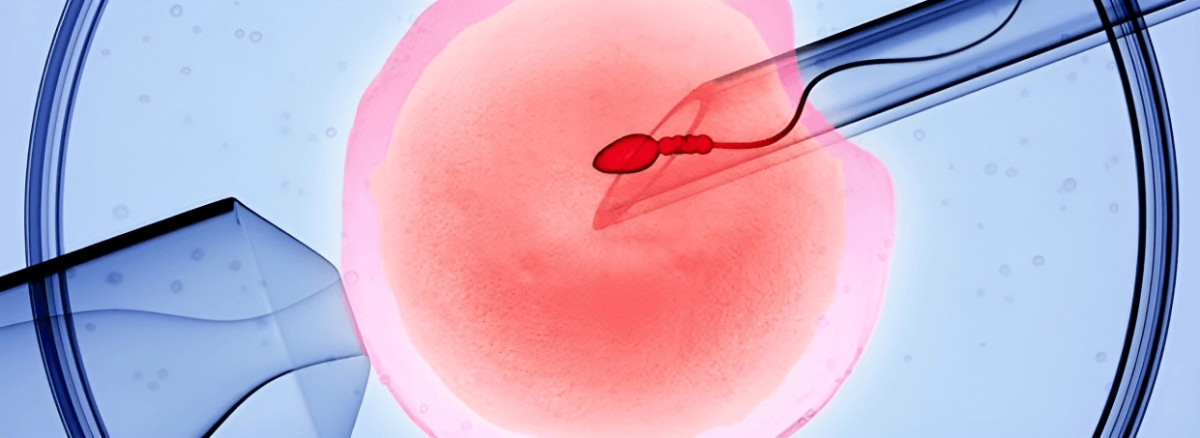- 9 July, 2023
- blog
what is ivf?
IVF process, short for In Vitro Fertilization, is a type of assisted reproductive technology (ART) used to help individuals or couples who have difficulty conceiving a child naturally. In the IVF process, eggs are surgically retrieved from the ovaries of a woman and are fertilized with sperm in a laboratory dish. Following fertilization, the resulting embryos undergo monitoring for several days, and one or more viable embryos are then transferred to the woman’s uterus with the hope of achieving a successful pregnancy.
ivf meaning
The term “IVF” stands for “In Vitro Fertilization”. “In vitro” is a Latin term that means “in glass”, and “fertilization” refers to the process of combining sperm and egg to create an embryo. So, IVF refers to the process of fertilizing an egg with sperm outside of the body in a laboratory dish (“in vitro”), and then transferring the resulting embryo(s) to the uterus with the aim of achieving a successful pregnancy
What is ivf procedure?
The IVF procedure involves several steps, including:
Ovarian stimulation: The woman is given medications to stimulate her ovaries to produce multiple eggs.
Egg retrieval: Once the eggs have matured, they are retrieved from the woman’s ovaries using a needle guided by ultrasound imaging.
Sperm collection: The man provides a semen sample, which is prepared in the laboratory to separate the sperm from the seminal fluid.
Fertilization: The retrieved eggs are mixed with the prepared sperm in a laboratory dish and left to fertilize.
Embryo culture: The resulting embryos are monitored in the laboratory for several days to ensure they are growing properly.
Embryo transfer: One or more embryos are transferred into the woman’s uterus using a thin catheter inserted through the cervix.
ivf treatment procedure | In Vitro Fertilization clinic in Iran
In IVF treatment, eggs and sperm are combined outside the body in a laboratory, and the resulting embryos are then implanted in the uterus. Iran hosts reputable In Vitro Fertilization clinics with skilled professionals offering advanced reproductive technologies. These clinics provide comprehensive support to couples facing fertility challenges.
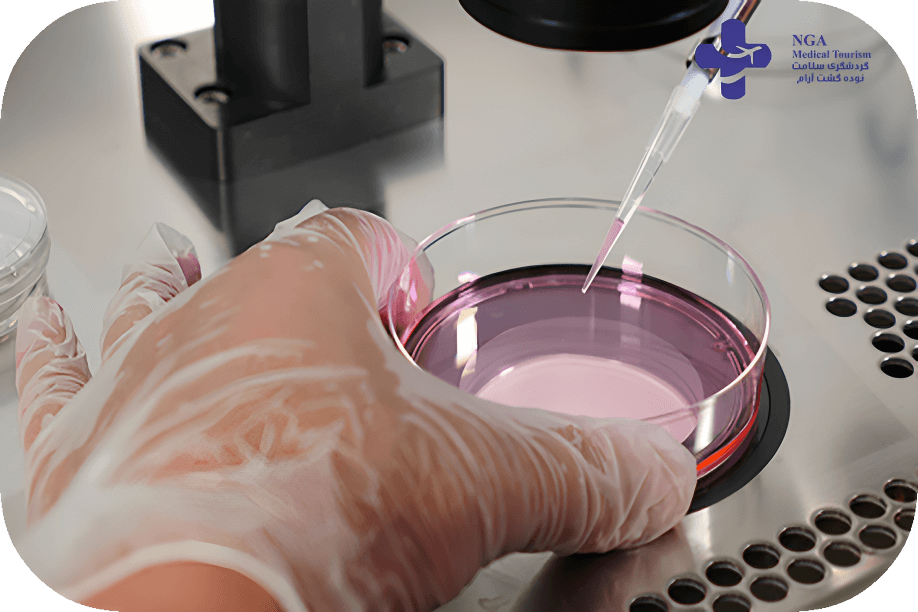
Why is IVF performed?
IVF process is performed for a variety of reasons, but it is typically recommended in cases where other fertility treatments have been unsuccessful or where there are specific issues with the woman’s or the man’s reproductive system. Some of the most common reasons for undergoing the IVF process include:
- Blocked or damaged fallopian tubes: IVF can bypass the need for the fallopian tubes to be functional.
- Low sperm count or motility: IVF can help overcome male infertility issues by selecting the healthiest and most motile sperm for fertilization.
- Endometriosis: IVF can be used in cases where endometriosis has caused scarring or damage to the reproductive organs.
- Unexplained infertility: In cases where no specific cause of infertility can be identified, IVF can help increase the chances of pregnancy.
- Advanced maternal age: IVF can be used in cases where the woman is over 35 years old and has a reduced ovarian reserve or decreased fertility.
Who can have IVF?
In general, candidates for IVF process include:
- Women with blocked or damaged fallopian tubes
- Women with ovulation disorders or hormonal imbalances
- Women with endometriosis
- Men with low sperm count or motility
- Couples with unexplained infertility
- Same-sex couples or individuals who wish to become parents using donor sperm or eggs
- Women who have had their fallopian tubes removed or undergone a hysterectomy but still have viable eggs

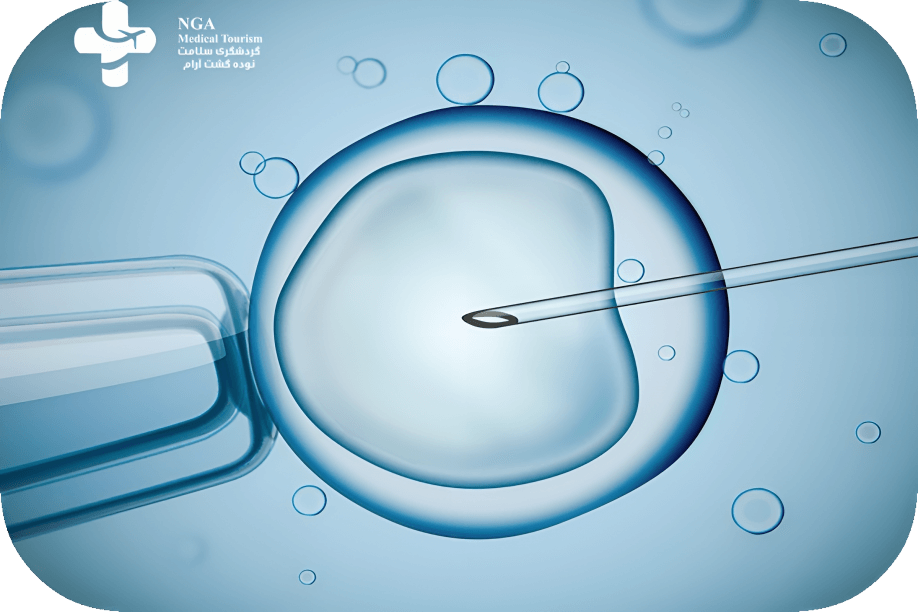
What are the risks of IVF?
Like any medical procedure, IVF process carries certain risks and potential complications. Here are some of the most common risks associated with IVF:
- Multiple pregnancy
- Ovarian hyperstimulation syndrome (OHSS)
- Ectopic pregnancy
- Bleeding or infection
- Emotional and psychological stress
What medications are used for IVF?
In vitro fertilization (IVF) is a fertility treatment that involves using medications to stimulate the ovaries and increase egg production. Commonly used IVF medications include:
- GnRH agonists: Suppress natural hormone production to control ovulation timing.
- Gonadotropins: Injected to stimulate egg production, containing FSH and LH.
- hCG: Triggers egg release after maturation, given as an injection.
- Clomiphene citrate: An oral medication for ovulation stimulation.
- Letrozole: Another oral medication for ovulation induction.
- Progesterone: Supports the uterine lining for embryo implantation, administered via injection, suppository, or orally.
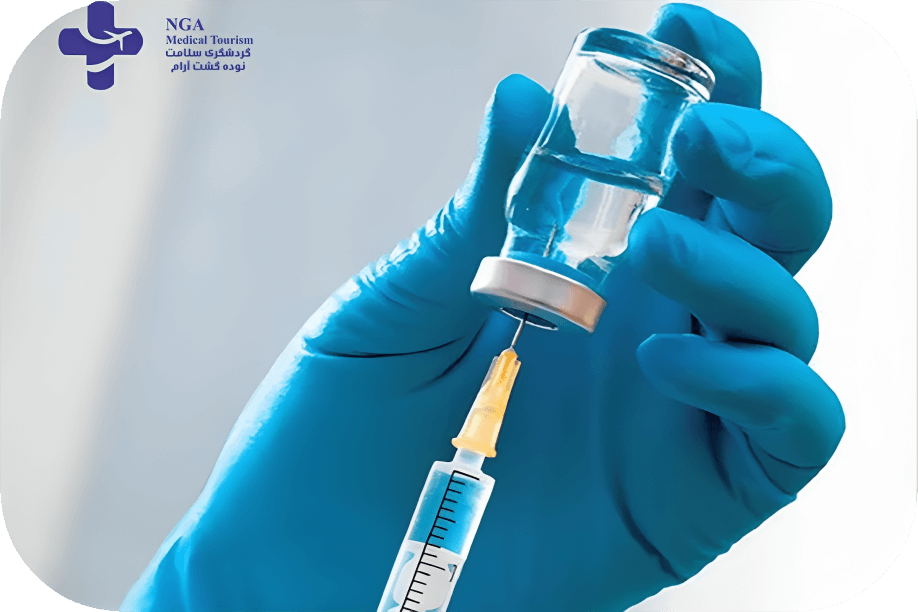

What can you expect after IVF treatment?
Physical symptoms: Mild cramping, bloating, or discomfort post-retrieval/transfer. Some may have light spotting.
Emotional symptoms: Emotional challenges like anxiety and stress are common. Build a support system and manage stress.
Pregnancy test: Around two weeks post-transfer, take a pregnancy test as per your doctor’s instructions.
Follow-up appointments: Scheduled by your doctor to monitor progress and provide necessary care throughout pregnancy if the test is positive.
What do you do to prepare for IVF treatment?
Consultation with a fertility specialist
The first step in preparing for IVF is to consult with a fertility specialist who can evaluate your individual situation and develop a personalized treatment plan.
Medical and fertility testing
The fertility specialist will likely perform a series of medical and fertility tests to assess your overall health and determine the cause of infertility.
Lifestyle changes
Prior to beginning IVF treatment, it is important to make lifestyle changes that can improve fertility, such as maintaining a healthy weight, quitting smoking, reducing alcohol consumption, and avoiding certain medications.
Medications
Depending on your individual situation, the fertility specialist may prescribe medications to regulate your menstrual cycle, boost ovulation, or prepare your uterus for pregnancy.
Emotional preparation
IVF treatment can be emotionally challenging, so it is important to have a support system in place and to take steps to manage stress and anxiety.
Financial planning
IVF treatment can be expensive, so it is important to plan ahead and explore options for financing or insurance coverage.
How do IVF injections work?
IVF injections work by administering hormonal medications, typically containing follicle-stimulating hormone (FSH) and luteinizing hormone (LH), to stimulate the ovaries and induce the development of multiple follicles, each potentially containing an egg. These medications mimic the natural hormonal signals, and their dosage is closely monitored through blood tests and ultrasounds. After the follicles reach the desired maturity, a trigger shot is given to finalize egg maturation, leading to egg retrieval. Subsequently, the retrieved eggs are fertilized in a laboratory dish, and the resulting embryos are monitored for transfer into the uterus, aiming to increase the chances of a successful IVF pregnancy.
Read More: Arteriovenous Malformations
Read More: Aortic Valve Stenosis (Aortic Stenosis)
Read More: Heart Valve Surgery
Read More: Cardiology in Iran
Read More: General Heart Surgery
Ivf c 5000 injection for conceiving
The IVF C 5000 injection, commonly referred to as hCG (human chorionic gonadotropin), plays a pivotal role in the IVF process by administering it to trigger the final maturation of eggs within the ovaries. This crucial injection is typically given when the eggs have reached the appropriate stage of development, typically about 36 hours prior to the scheduled egg retrieval procedure. By mimicking the natural surge of LH (luteinizing hormone) responsible for initiating ovulation, the IVF injection ensures that the eggs are primed for retrieval. This step is integral in the IVF journey as it harmonizes egg maturation with the timing of the IVF procedure, significantly heightening the probability of successful fertilization and ensuing embryo development, thereby amplifying the prospects of achieving conception during in vitro fertilization.
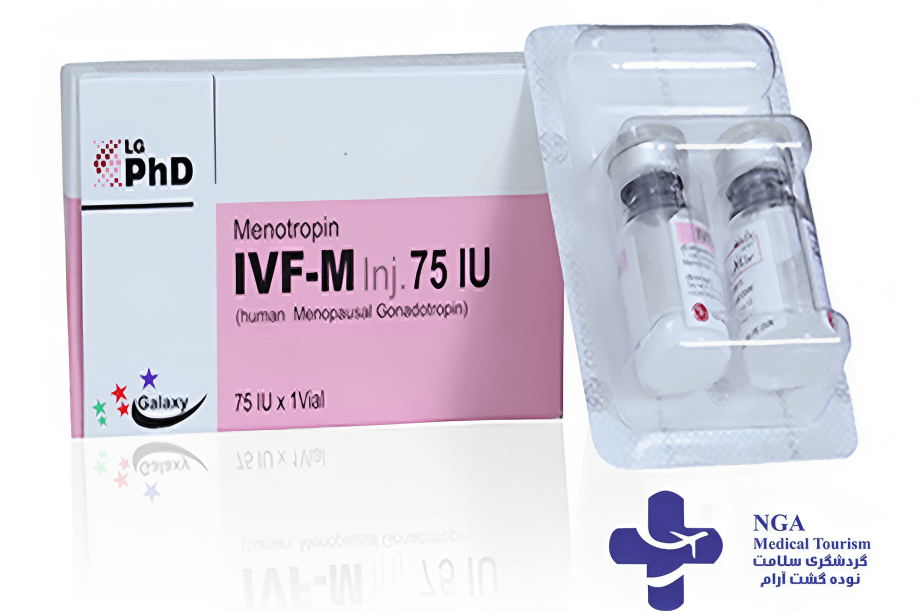

Uses of Ivf C 5000 IU
Human chorionic gonadotropin (HCG), a hormone naturally produced by the pituitary gland, serves various medical purposes. In women, it aids in the development of healthy eggs and triggers ovulation, making it a valuable component in fertility treatments such as in vitro fertilization (IVF). Additionally, HCG injections, commonly known as Pregnyl, are employed to address infertility in women and enhance sperm motility in men when caused by pituitary-related issues. Moreover, HCG has medical applications in diagnosing and treating undescended testicles (cryptorchidism) resulting from pituitary dysfunction, underlining its versatility in reproductive health and endocrine care.
Side effects of Ivf C 5000 IU
Possible IVF-C 5000 IU Injection side effects include mild and temporary pain or swelling at the injection site, headaches, nausea, vomiting, and abdominal discomfort. In rare cases, it may lead to ovarian hyperstimulation syndrome (OHSS), characterized by ovarian swelling and fluid buildup in the abdomen and chest, accompanied by symptoms like abdominal pain and breathing difficulties. If severe side effects occur, seek medical assistance promptly, and consult your fertility specialist for guidance and potential treatment plan adjustments.
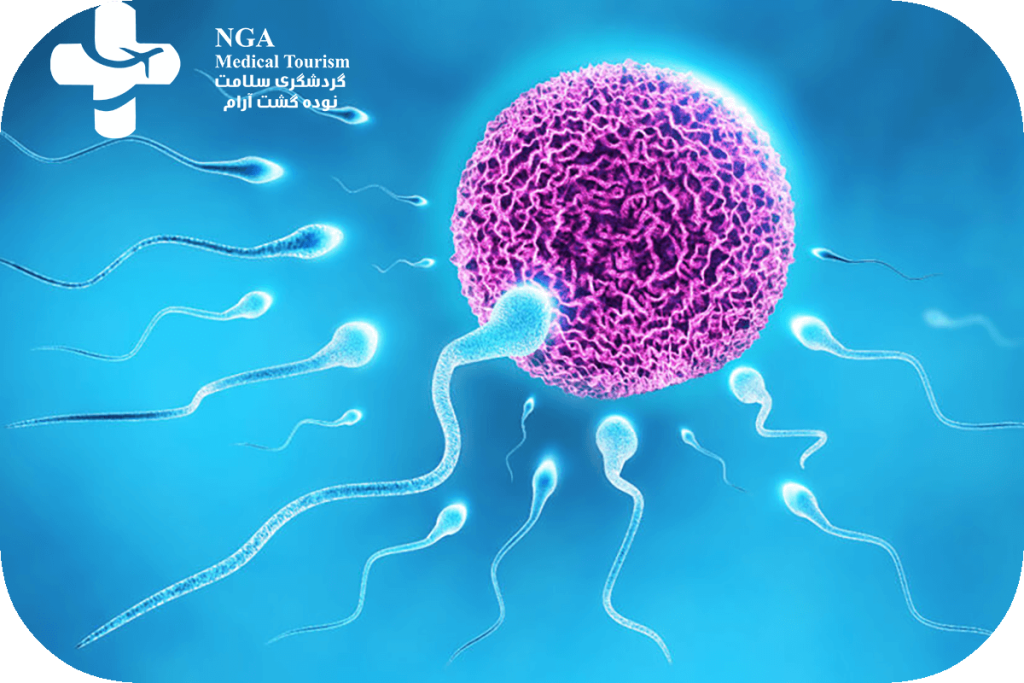

Contraindications of Ivf C 5000 IU
there are certain contraindications to IVF-C 5000 IU Injection use. Here are some examples:
- Allergic reaction: IVF-C 5000 IU Injection should not be given to women who are allergic to hCG or any of the other ingredients in the medication. An allergic reaction can cause symptoms such as hives, difficulty breathing, and swelling of the face, lips, tongue, or throat.
- Ovarian cysts: Women who have ovarian cysts should use IVF-C 5000 IU Injection with caution, as it may cause the cysts to rupture and lead to complications.
- Adrenal or thyroid disorders: IVF-C 5000 IU Injection should be used with caution in women who have adrenal or thyroid disorders, as it may affect the function of these glands.
- Blood clots: Women who have a history of blood clots should not use IVF-C 5000 IU Injection, as it may increase the risk of developing a blood clot.
- Pregnancy: IVF-C 5000 IU Injection should not be used during pregnancy, as it may cause harm to the developing fetus.
Interactions of Ivf C 5000 IU
IVF-C 5000 IU Injection may interact with certain medications, including clomiphene citrate (used for ovulation stimulation), GnRH agonists (used to suppress ovulation), corticosteroids (for inflammation and immune disorders), and insulin (for diabetes management). Adjustments to timing and dosage may be necessary when using these medications alongside IVF-C 5000 IU Injection.
It is important to inform your fertility specialist of all medications you are taking before using IVF-C 5000 IU Injection, and to follow their instructions closely. They may adjust the timing and dosage of IVF-C 5000 IU Injection and other medications as needed to avoid interactions and ensure the best possible outcomes.
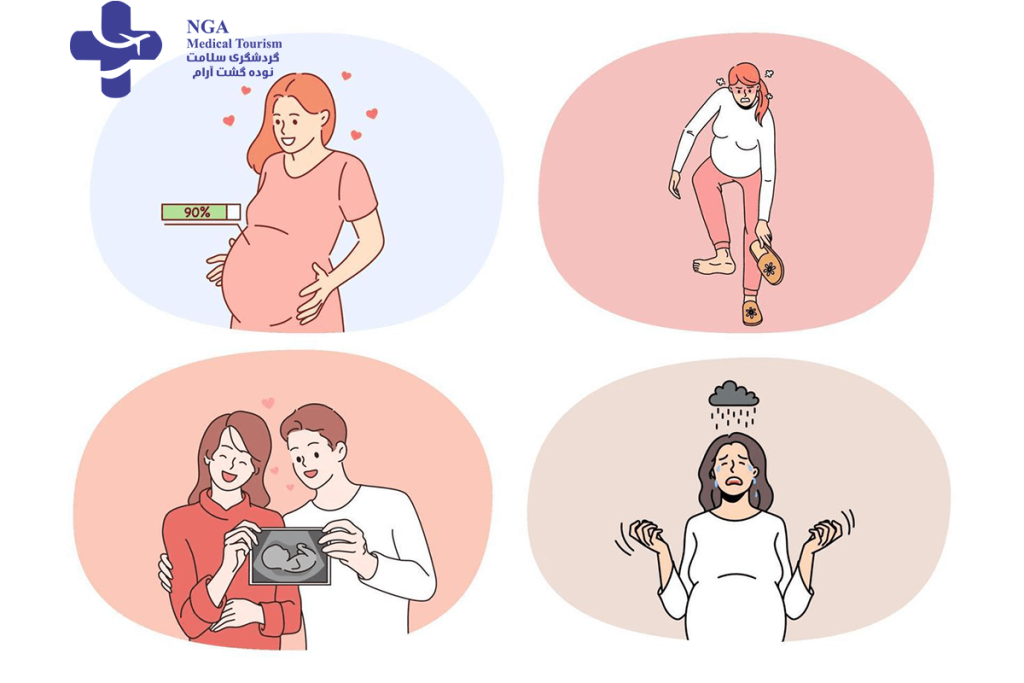
Precautions and Warnings of Ivf C 5000 IU
in IVF-C 5000 IU Injection there are certain precautions and warnings to keep in mind when using this medication. Here are some examples:
Multiple pregnancies: IVF-C 5000 IU Injection may increase the risk of multiple pregnancies, such as twins or triplets. This can increase the risk of complications during pregnancy and delivery.
Ectopic pregnancy: IVF-C 5000 IU Injection may increase the risk of ectopic pregnancy, which occurs when the fertilized egg implants outside the uterus. This is a serious condition that requires medical attention.
Ovarian hyperstimulation syndrome (OHSS): IVF-C 5000 IU Injection may cause OHSS, a serious condition that can cause swelling of the ovaries and fluid accumulation in the abdomen and chest. Women who are at high risk for OHSS should use IVF-C 5000 IU Injection with caution.
Pregnancy: IVF-C 5000 IU Injection should not be used during pregnancy, as it may cause harm to the developing fetus.
Breastfeeding: It is not known whether IVF-C 5000 IU Injection is excreted in breast milk. Women who are breastfeeding should talk to their doctor before using this medication.
Interactions with other medications: IVF-C 5000 IU Injection may interact with certain medications, such as clomiphene citrate and gonadotropin-releasing hormone (GnRH) agonists. Women should inform their doctor of all medications they are taking before using IVF-C 5000 IU Injection.
Cost of IVF in Iran
IVF costs in Iran range from $1,200 to $2,500, covering factors like doctor’s fees, clinic facilities, location, fertility medications, tests, ultrasounds, consultations, and the use of donor sperm/egg. Freezing embryos, a complex procedure, adds an additional $200 to $500.
Gender selection during IVF, accurately determining the embryo’s gender before transfer, costs $800 to $1,000 in Iran.
In vitro fertilization (IVF) is a complex fertility treatment process that can assist couples facing a range of fertility issues in their journey to conceive. While the IVF process carries certain risks and potential complications, it boasts a high success rate and has facilitated millions of couples worldwide in realizing their dreams of parenthood. Through diligent monitoring and effective management, many of the risks associated with the IVF process can be minimized or even completely avoided, making it a promising option for those seeking to expand their families.
Read More: Lasik eye surgery in Iran Question and Answer
Read More: Eye Surgery cost in Iran (Lasik&Refractive Surgery,Cataract)
Read More: lasik Eye Surgery in Iran
Read More: Glaucoma Treatment In Iran
Read More: Cataract surgery in Iran
FREQUENTLY ASKED QUESTIONS
IVF pregnancies may have a slightly higher risk of certain complications, such as multiple pregnancies, ovarian hyperstimulation syndrome (OHSS), and ectopic pregnancy, but with proper monitoring and management, the risks can be minimized
The success rate of IVF varies based on several factors, such as age, cause of infertility, and number of embryos transferred. On average, the success rate per cycle of IVF is around 30-40% for women under 35, but advances in technology and techniques have improved success rates over the years.
The success rate of IVF varies based on several factors, such as age, cause of infertility, and number of embryos transferred. On average, the success rate per cycle of IVF is around 30-40% for women under 35, but advances in technology and techniques have improved success rates over the years.
A blood test can detect pregnancy about 10-14 days after an IVF embryo transfer. A positive beta-hCG test indicates that a pregnancy has occurred, and subsequent ultrasounds will be done to monitor the development of the pregnancy.
The timing of a subsequent IVF cycle after a failed procedure can vary depending on individual factors, such as the cause of infertility and the woman’s menstrual cycle. In general, it is recommended to wait at least one menstrual cycle before starting a new IVF cycle to allow the body to recover and prepare for another cycle.
You should contact your healthcare provider if you experience any unusual symptoms or side effects during an IVF cycle, such as heavy bleeding or severe abdominal pain.
Here are some questions you may want to ask a fertility clinic:
- What is the success rate of IVF at your clinic?
- What is the cost of IVF and are there any financing options?
- What are the potential risks and side effects of IVF?
- What other fertility treatments do you offer?
- How many embryos are typically transferred, and what is your policy on multiple pregnancies?
- What is the process for selecting a sperm or egg donor, if needed?
- What is the timeline for an IVF cycle?
- What is the clinic’s policy on communication and support throughout the IVF process?
- What are the qualifications and experience of the clinic’s fertility specialists and staff?
- What resources are available for emotional and psychological support during the IVF process?
Yes, it is possible to select the gender of a baby during IVF using preimplantation genetic testing (PGT) which involves analyzing the genetic material of embryos before they are transferred to the uterus, and selecting only those embryos with the desired gender.
Yes, maintaining a healthy lifestyle, following your fertility specialist’s instructions, reducing stress, considering genetic testing, and being patient can all help increase your chances of pregnancy with IVF. It is important to discuss any questions or concerns with your fertility specialist for personalized advice.
The success rate of IVF declines with age, with the highest success rates seen in women under 35. On average, the success rate per cycle of IVF is around 30-40% for women under 35, and decreases to around 10-15% for women over 40.
IVF treatments can fail for various reasons, such as poor embryo quality, implantation failure, genetic abnormalities, or underlying medical conditions.
While there is some evidence to suggest that IVF may be associated with a slightly higher risk of certain birth defects, most babies born through IVF are healthy, and the overall risk of birth defects with IVF is still relatively low.
The best age to get IVF is typically under 35, as success rates decline with age.
Freezing embryos during IVF treatment is a common practice that can offer several benefits, such as allowing for additional attempts at pregnancy and reducing the risk of certain complications. The decision to freeze embryos should be made on a case-by-case basis, and couples should discuss the potential benefits and drawbacks with their fertility specialist.
Common side effects of IVF include bloating, cramping, breast tenderness, mood swings, and fatigue. In some cases, fertility medications used during IVF can also cause more serious side effects such as ovarian hyperstimulation syndrome (OHSS).
IVF involves some discomfort and side effects, but it is generally not considered painful. However, some patients may experience discomfort during the egg retrieval procedure, which is usually performed under sedation or anesthesia.
Depending on the specific IVF treatment plan and cycle, a patient may need to receive a high number of injections, typically ranging from 1 to 2 injections per day, and up to a maximum of 90 injections per cycle.
The IVF process typically involves five main stages:
- Ovarian stimulation to encourage the production of multiple eggs.
- Egg retrieval from the ovaries via a minor surgical procedure.
- Collection or retrieval of sperm, which may involve a semen sample or testicular biopsy.
- Fertilization of the eggs with the sperm in a laboratory setting, and monitoring of embryo development.
- Transfer of one or more embryos to the uterus, typically through a small catheter inserted into the cervix.
The cost of IVF treatment can vary greatly depending on factors such as location and individual needs, but typically ranges from $12,000 to $20,000 or more per cycle. At the same time, Iran has become a popular destination for medical tourism due to the relatively low cost of healthcare.


